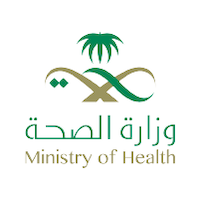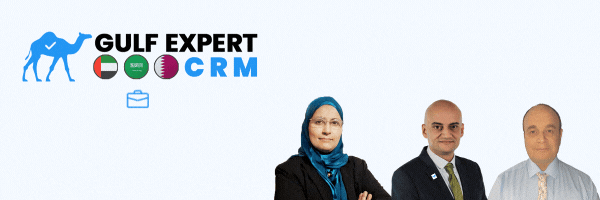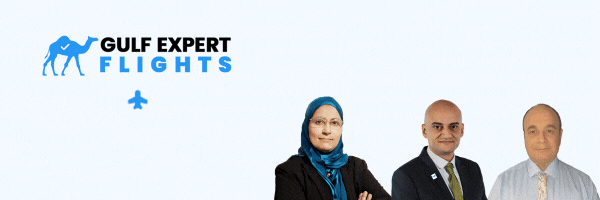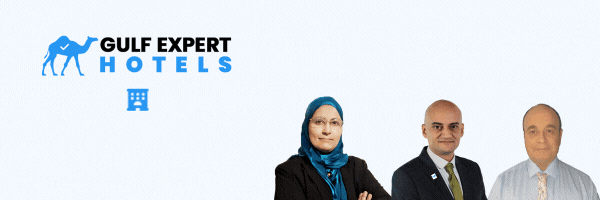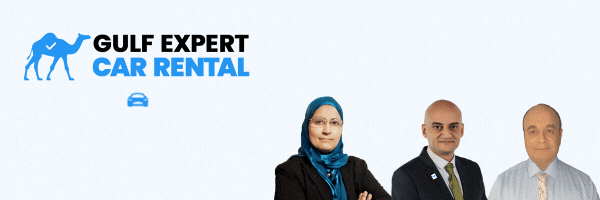As pilgrims continue to arrive in Makkah to perform Hajj rituals, the Ministry of Health is stepping up its field and awareness efforts to promote health prevention and strengthen the quality of medical services. These actions align with the objectives of the Health Sector Transformation Program and the Pilgrim Experience Program, both part of Saudi Vision 2030, which aims to build a vibrant society where individuals enjoy good health and a safe Hajj experience.
Heat exhaustion prevention remains a key public health priority. The Ministry is advising pilgrims to follow essential protective measures to avoid heat-related illnesses, such as sunstroke. These include using umbrellas when moving between holy sites, drinking water frequently—even in the absence of thirst—and wearing light, breathable, and light-colored clothing to reduce heat absorption.
The Ministry highlighted several early warning signs of heat exhaustion, including headache, dizziness, heavy sweating, intense thirst, and nausea. It stressed the need for immediate action when such symptoms appear, by moving to shaded areas, cooling the body with water, and increasing fluid intake to minimize complications.
It also cautioned against direct sun exposure between 10:00 a.m. and 4:00 p.m., urging pilgrims to use umbrellas during this period, avoid walking on hot surfaces, and refrain from climbing elevated areas such as mountains during the Day of Arafat, as it can lead to severe physical strain and heighten the risk of heat-related illnesses.
The Ministry confirmed that the healthcare system is fully prepared to handle heat exhaustion cases. More than 34 field units near the holy sites have been equipped with designated beds to provide rapid and targeted care, ensuring fast response times and maintaining the safety of pilgrims.
To further support awareness, the Ministry launched the Hajj Health Awareness Kit, a comprehensive guide available in eight languages. The kit provides essential health tips designed to promote preventive practices and support the well-being of pilgrims throughout their Hajj journey.
Led by the Ministry of Health, the healthcare system continues to provide integrated medical and preventive services through advanced mobile units and highly trained medical teams. Awareness campaigns are also being intensified to encourage healthy behaviors among pilgrims, helping to safeguard their health and enable them to perform Hajj rituals safely, peacefully, and in an environment that prioritizes their comfort and care.
.png)
.png) 6 months ago
53
6 months ago
53

